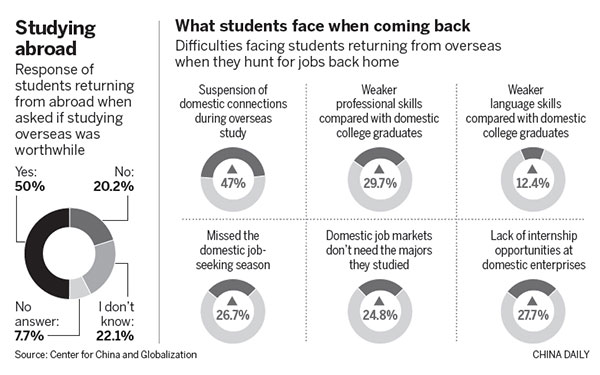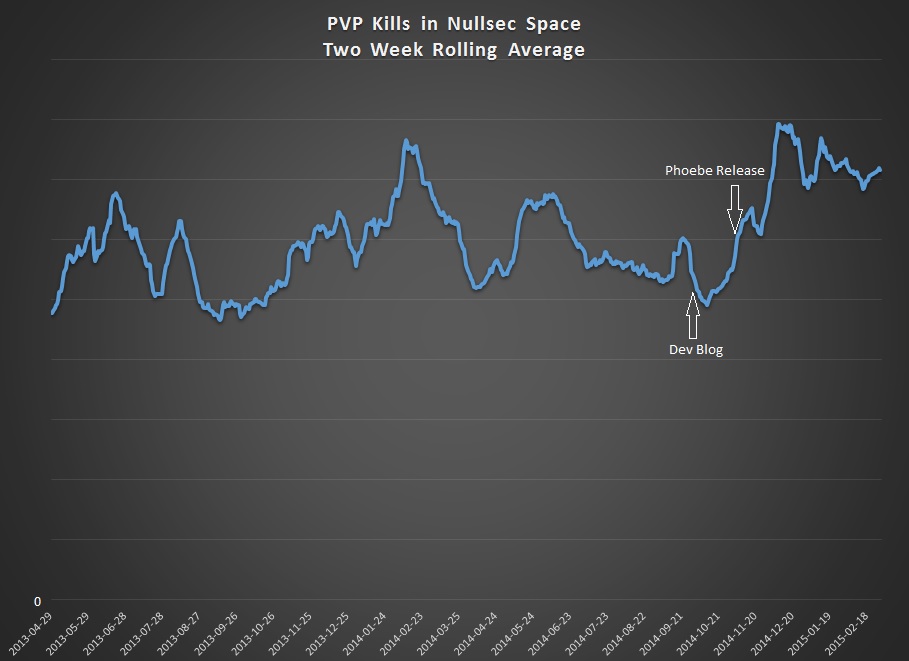Understanding Interest Rates on Personal Loans: How to Secure the Best Deal
#### Interest Rates Personal LoansWhen considering a personal loan, one of the most critical factors to evaluate is the interest rates personal loans carry……
#### Interest Rates Personal Loans
When considering a personal loan, one of the most critical factors to evaluate is the interest rates personal loans carry. The interest rate can significantly impact the total cost of borrowing, affecting how much you will ultimately repay. In this article, we will explore what personal loan interest rates mean, how they are determined, and tips for securing the best rates available.
#### What Are Personal Loans?
Personal loans are unsecured loans that individuals can use for various purposes, such as consolidating debt, financing a large purchase, or covering unexpected expenses. Unlike secured loans, which require collateral (like a house or car), personal loans are based on the borrower’s creditworthiness. This means that the interest rates associated with personal loans can vary widely depending on the lender and the borrower’s financial profile.
#### Interest Rates Personal Loans Explained
The interest rates personal loans come in two primary forms: fixed and variable. A fixed interest rate means that the rate will remain the same throughout the life of the loan, providing predictability in monthly payments. On the other hand, a variable interest rate may fluctuate based on market conditions, which can lead to changes in monthly payments over time.
Interest rates for personal loans can range from as low as 5% to over 36%, depending on several factors, including:

1. **Credit Score**: Borrowers with higher credit scores typically qualify for lower interest rates. Lenders view these individuals as lower risk, which translates to more favorable terms.
2. **Loan Amount and Term**: The amount of money you borrow and the length of time you take to repay it can also influence your interest rate. Generally, larger loans or longer terms may come with higher rates.
3. **Income and Employment History**: Lenders will assess your income and job stability to determine your ability to repay the loan. A steady income can help you secure a better interest rate.
4. **Market Conditions**: Economic factors, such as inflation and the Federal Reserve's interest rate policies, can also impact the rates lenders offer.
#### Tips for Securing the Best Interest Rates Personal Loans

1. **Check Your Credit Score**: Before applying for a personal loan, check your credit report and score. Address any discrepancies and work on improving your score if necessary.
2. **Shop Around**: Different lenders offer varying rates and terms. Take the time to compare offers from multiple financial institutions, including banks, credit unions, and online lenders.
3. **Consider Prequalification**: Many lenders offer prequalification, which allows you to see potential rates without a hard credit inquiry. This can help you gauge your options before committing.
4. **Negotiate**: Don’t hesitate to negotiate the terms of your loan with lenders. If you have offers from other institutions, use that information to potentially secure a lower rate.
5. **Choose the Right Loan Amount**: Only borrow what you need. A smaller loan amount often comes with lower risk and may help you secure a better interest rate.

6. **Opt for Automatic Payments**: Some lenders provide discounts on interest rates for borrowers who set up automatic payments. This can be a simple way to save money over the life of the loan.
#### Conclusion
Understanding interest rates personal loans is essential for making informed financial decisions. By being aware of how these rates are determined and taking proactive steps to secure the best deal, borrowers can minimize their borrowing costs and achieve their financial goals more effectively. Whether you’re looking to consolidate debt or finance a significant expense, being knowledgeable about personal loan interest rates will empower you to make the best choices for your financial future.